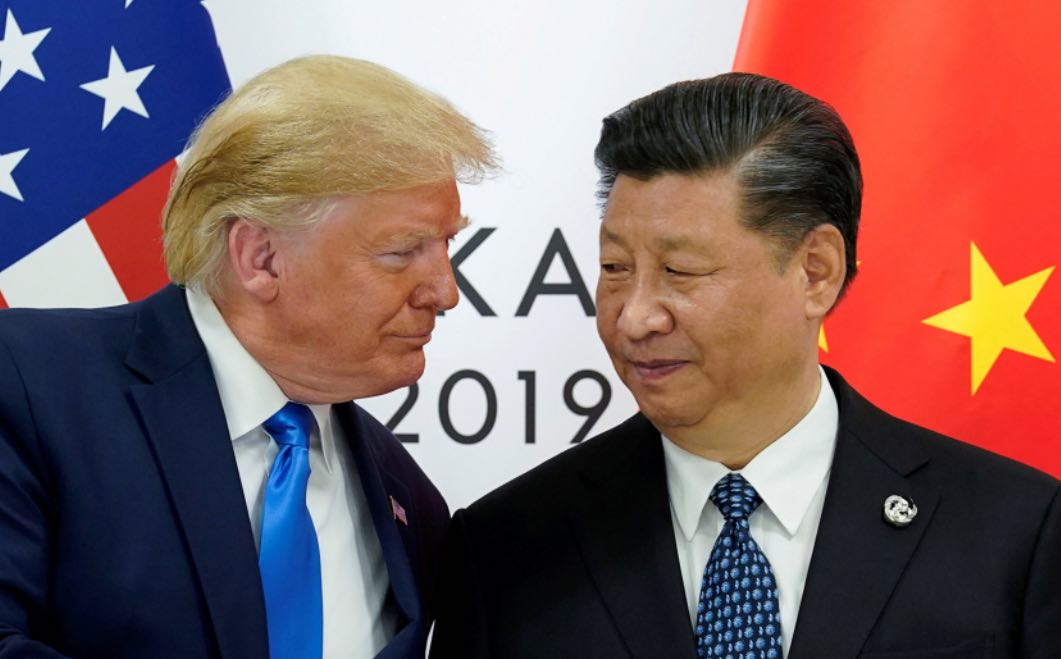Trump drew a line for China
Trump drew a line for China. Donald Trump, the Republican candidate for the U.S. presidency, has said that if China enters Taiwan, he will impose more tariffs on Chinese goods.
The former U.S. president told the Wall Street Journal in an interview, ‘My point is, if you enter Taiwan, I have no choice but to tax you 150 to 200 percent.’
According to Shargh, in response to the question of whether he would use military force if China blockades Taiwan, Trump said it won’t come to that because Xi Jinping, the president of China, respects him.
In this interview, Trump said, ‘I had a very good relationship with him. I don’t have to use military force because he respects me and knows what a tough guy I am.’
China considers democratic Taiwan a part of its territory and has never ruled out using force to seize the island.
Taiwan strongly objects to China’s sovereignty claims. In part of his remarks to voters in the critical November election, where he is set to compete with Kamala Harris, the Democratic vice president of the U.S., Trump talked about his plan to impose comprehensive tariffs of 10 to 20 percent on almost all imports and also impose tariffs of 60 percent or more on Chinese goods, a move he says will strengthen U.S. domestic production.
During Trump’s presidency from early 2017 to early 2021, his aggressive approach towards China was evident in the tariffs that led the two countries into a trade war and stirred markets around the world.
In an interview with the Wall Street Journal, Trump also spoke about Russia’s invasion of Ukraine and reiterated that if he were in office, Vladimir Putin, the president of Russia, would not have attacked.
The Wall Street Journal quoted Trump about his previous meeting with Putin, writing, ‘I told Putin, we have a good relationship. Vladimir, if you go after Ukraine, I’ll hit you so hard you won’t believe it. I’ll strike right in the heart of Moscow.’
On the other hand, the Canadian federal government says businesses can apply for exemptions from the new tariffs on Chinese electric vehicles, steel, and aluminum.
Ottawa says these facilities are offered to address the challenges Canadian industries face in adjusting their supply chains.
Canadian Prime Minister Justin Trudeau announced on August 26 that Canada will impose tariffs of 100 and 25 percent on Chinese electric vehicles, steel, and aluminum.
The tariff on Chinese electric vehicles was applied from October 1, but the tariff on steel and aluminum will be applied from October 22.
The government says it will review requests from businesses that rely on imported products they cannot source elsewhere or those that had contracts before the tariffs were announced or have other special conditions.

